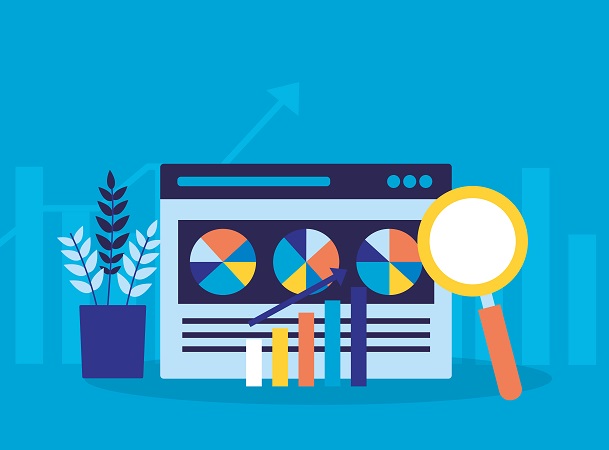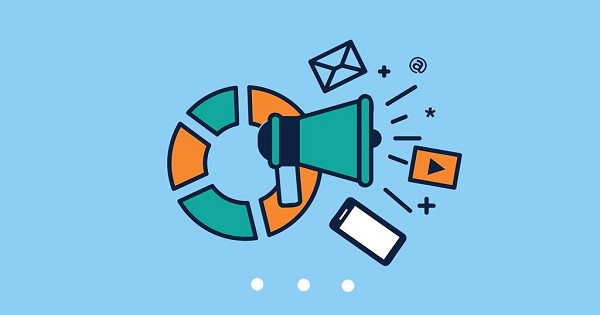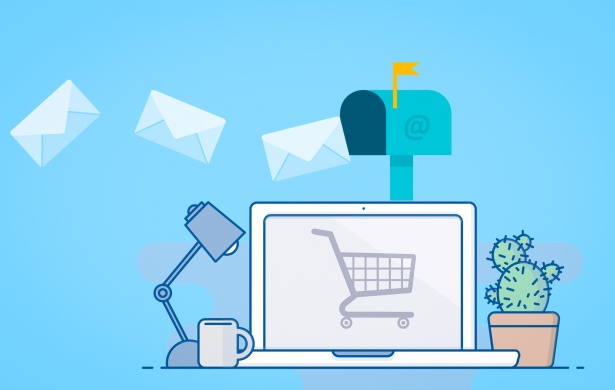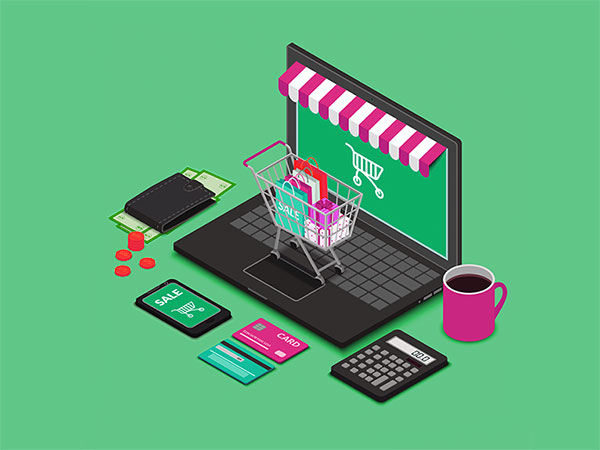Social media giant Facebook has been in the news quite a bit recently and in fact, it’s gotten to the point where it turns out the old saying of “there’s no such thing as bad press” may not be as true as we’d assumed.
For the sake of discussion (and because we really don’t have that kind of time), let’s remove politics from the equation entirely and take a look at the cold, hard facts. In March of 2018, it was revealed to the public that personal information of (what was then thought to be) 50 million Facebook users was sold directly to a political data analysis firm that was working on the 2016 presidential campaign.
But you yourself are not running for president. You’re running a business. So what does all this mean in that specific context?
Let’s find out together.
Facebook and Cambridge Analytica: What is actually happening?
While the idea of Facebook taking your personal data and using it for something else is nothing new, the specific way that this happened was notable. It all happened via an app that was created by a company called Global Science Research. While it’s absolutely true that 270,000 people volunteered to use the app and thus give up their information, Facebook’s own API also allowed data to be collected from friends of people using the app – meaning people who probably had no idea that it was going on in the first place.
To make matters worse, both Facebook and Cambridge Analytica threatened to sue The Guardian and their reporter Carole Cadwalladr who was in the process of breaking the story should it actually run. It ran anyway, they didn’t sue and now a bad problem has been made that much worse in the court of public opinion.
Note that a few things have happened since then. First, Facebook has publicly apologized and Mark Zuckerberg even testified in front of Congress about the whole thing. Then, it was revealed that the total amount of affected users was probably closer to about 87 million people.
A high-profile boycott called #DeleteFacebook was also launched at roughly the same time, with both everyday people and notable names like Elon Musk urging people to delete their Facebook accounts once and for all. Indeed, research has suggested that both the number of people talking about quitting Facebook and the number of those who are actually taking that step are at a record level.
But at the same time, for small and medium-sized businesses in particular, Facebook is still one of the dominant ways to take full advantage of the social media revolution and connect with your audience. But can you still do that if Facebook is losing users in droves? What, exactly, does this current Facebook situation mean for your business?
Facebook moving forward
According to a recent piece that ran in Forbes, the answer is probably some variation of “not much.”
Even as soon as March 21, there was a clear peak in the amount of chatter about people packing up and heading off of Facebook in favor of something else. Even when you compare the number of people who left Snapchat after that service rolled out a new interface that was universally panned, the damage was A) not nearly as bad, and B) subsided far sooner.
So as of today, Facebook remains one of the best ways that you have to connect with your audience in a deep, meaningful way. It’s still a great place to use all those social media graphics you create with a tool like Visme (which I founded). It’s still an opportunity to publish all of that other visual collateral that you’ve been working on.
But what this situation does remind us is that nothing lasts forever, especially in terms of social media. If anything, it’s a perfect example of why you should never put “all of your eggs in one basket,” so to speak.
Facebook is still enormously popular all over the world right now. But even if the Cambridge Analytica scandal had never happened, that wasn’t a guarantee that it would continue indefinitely. Social networks come and go and your business model – as well as your marketing efforts – should not be built on the foundation of Facebook. But the thing is, they should never have been in the first place.
They should have been built around your customers, plain and simple.
If you’re working hard, pulling out all the stops and creating meaningful content that resonates with your audience first and thinking about the distribution side of it second, things like this matter less and less when they do actually occur.
If you’ve built your business on the idea that Facebook is always going to be around, rest assured that there will come a day where you wish you hadn’t. But if you built your business on the idea that you should prioritize relationships with your customers, the channels you use to create those relationships can pivot far easier than they otherwise would. It’s why you should also focus on creating other types of content like flyers, or even scatter plots too.
In some ways, it’s not too dissimilar to businesses from a few years ago that built entire revenue streams on their ability to A) stuff content with keywords and little value so that it would rank as highly as Google as possible and then B) sell ads on that content. When Google changed its algorithm to penalize exactly this type of behavior, a lot of those businesses essentially disappeared overnight.
But the ones that made it a priority to solve problems on behalf of their users, or answer questions, or make their lives better in some way, weren’t affected. Because that’s what we should have all been doing in the first place.


















